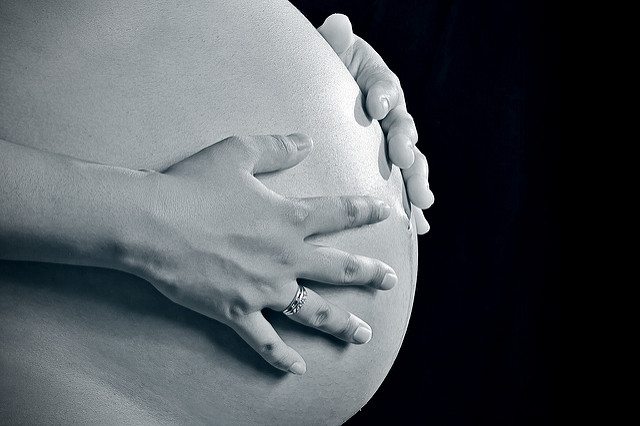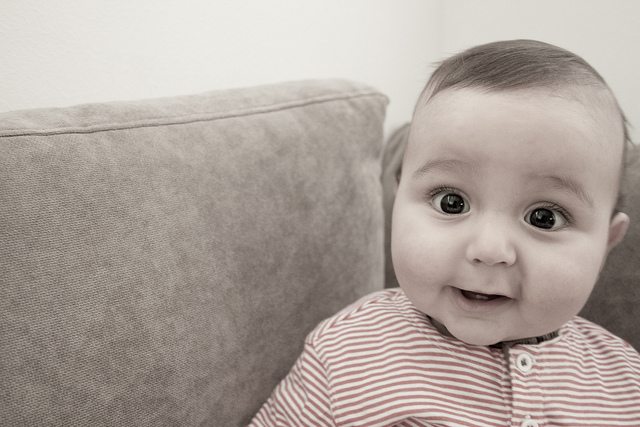Pregnancy is really hard on your body. And anyone who has recently gone through several hours of labour will know that it is incredibly painful and exhausting. Yet when your little one arrives safely in the world, nothing would stop you doing it all over again. Most women prefer to have a second child after their first. Siblings have a special relationship that lasts a lifetime. They will be playmates, rivals and best friends all at the same time.
But before you make plans for a second or subsequent baby, chances are you want to spend quality time with the first. There isn’t necessarily a best time to become pregnant again so don’t feel pressured to rush or to wait. It is, however, considered to be an easier time to get pregnant within the first few months of the last. But do you want to be pregnant while breastfeeding another tiny infant?
If you are exclusively breastfeeding, there is a chance you won’t have your periods. This could limit your fertility at this time. This isn’t a guaranteed method of contraception, though. You should consider other forms while your baby is nursing. There is no good or bad time to start having intercourse again. However, you should ideally wait until stitches are healed and lochia has stopped. This prevents the risk of infection in the first three weeks after giving birth.
The progestogen-only pill is also considered OK to use after these first three weeks. It is not thought to upset your milk production. The combined pill, however, could be problematic. It shouldn’t be used until you have finished nursing, usually after 6 months. You can buy the pill online if you need to. It’s always good to speak with your doctor about your preferred choice. Taking the pill will require you to have regular blood pressure check-ups too.

Does having one baby improve your fertility for number two? Many women struggle to conceive no matter what age they are. There are many factors that affect fertility so it may not necessarily be improved by successfully carrying a pregnancy. It depends on your personal circumstances. Some say that the body is more prepared to carry a pregnancy once it has done so, but you should speak to your specialist about this.
Mentally and emotionally, your readiness for conception may be improved. The fears of the first pregnancy may not be there the second time around. Physically, you will know what to expect, although every pregnancy is unique. But none of this means you have to have a second child at all. There is time to consider what is best for you personally.
As we get older, it’s easy to feel hurried to complete our families. Your cycles and your body may be completely different after giving birth. You might prefer to take some time to get used to it. Taking care of a baby while you’re trying to get your body back is also tough. Not everyone feels they can cope with a pregnancy while they’re still changing nappies.
If you have had problems with your fertility in the past, there is a chance that your local NHS won’t offer you as much help to conceive a second child. There are options for private consultants and treatment. And there is always a chance, no matter how slim, that you will conceive naturally. There are several ways you can maximize your chances of a natural conception.
Ovulation occurs approximately two weeks before your period starts. You can buy a monitor or testing stick. Your urine will contain the key hormones that identify your most fertile couple of days each month. These aren’t cheap, but they are readily available from pharmacies and supermarkets. Not every woman will ovulate every single month. As we get older, there may be fewer months each year when it happens.

Thanks to Flickr for the pic
Of course, there are naturally occurring conditions that could prevent successful pregnancies too. Polycystic ovaries and endometriosis are common conditions that could hamper your chances. Other health conditions like hypothyroidism could mess with your hormones too. Despite what they tell you in school, it’s not always that easy to get pregnant! If you’ve been trying for several months without success, it’s worth speaking to your doctor for some tests.
Your relationship as new parents may change quite a lot. This doesn’t mean you don’t love each other, but you both now have another person in your life that is going to take all your time and attention. Some Mums are on their own with their babies. This too could affect your options and choices about having more children. While a second parent isn’t essential to bring up a child, it is necessary to have a fertile partner to get pregnant. Men can also struggle with fertility and not know that they have a problem. Testing is simple and painless (although perhaps a little embarrassing for them).

Can your diet and fitness levels affect your fertility? Many doctors suggest this can be a factor. After pregnancy, it is difficult to find the time to exercise. Being overweight or underweight could be problematic when you are trying to conceive. It is also thought that some foods like avocados for women could help improve the health of your uterus. It’s worth doing some research if you are struggling at the moment.
Some people who have had no trouble getting pregnant the first time can struggle to conceive again after birth. Secondary infertility is more common than you may think. It is particularly troublesome for those over 35. It is rare to find your infertility is ‘unexplained,’ so do head to your doctors if you’ve had no success after six months of trying. Simple tests could reveal a simple problem that might be treatable.
It can be hard for a man or a woman when there are difficulties with fertility. Pregnancy offers no guarantee of subsequent children. However, the emotional pressure of rushing into another pregnancy can also cause a lot of problems for the whole family. Take care of you.
Leave a Reply